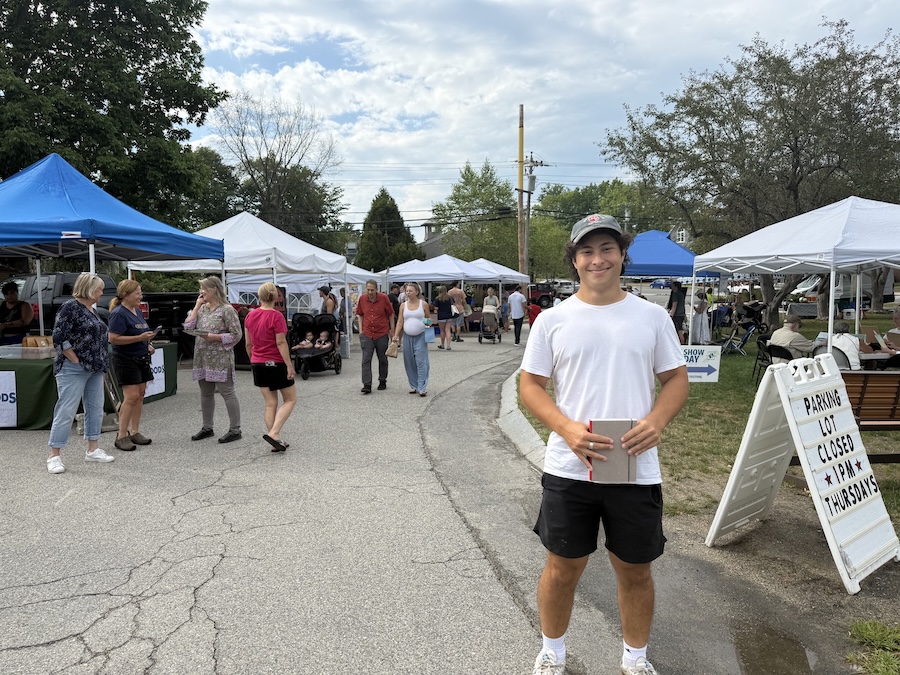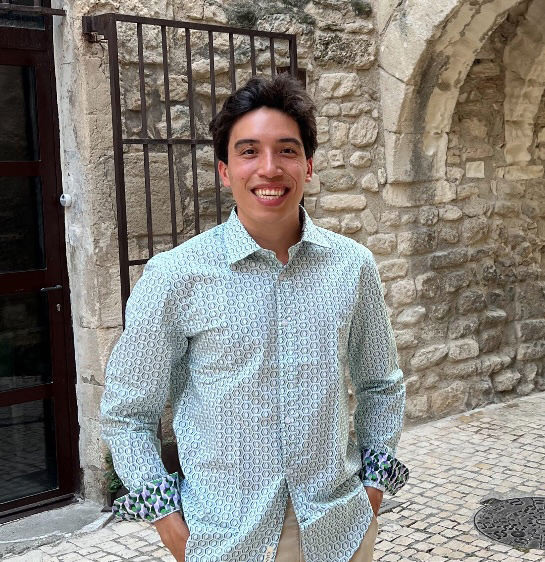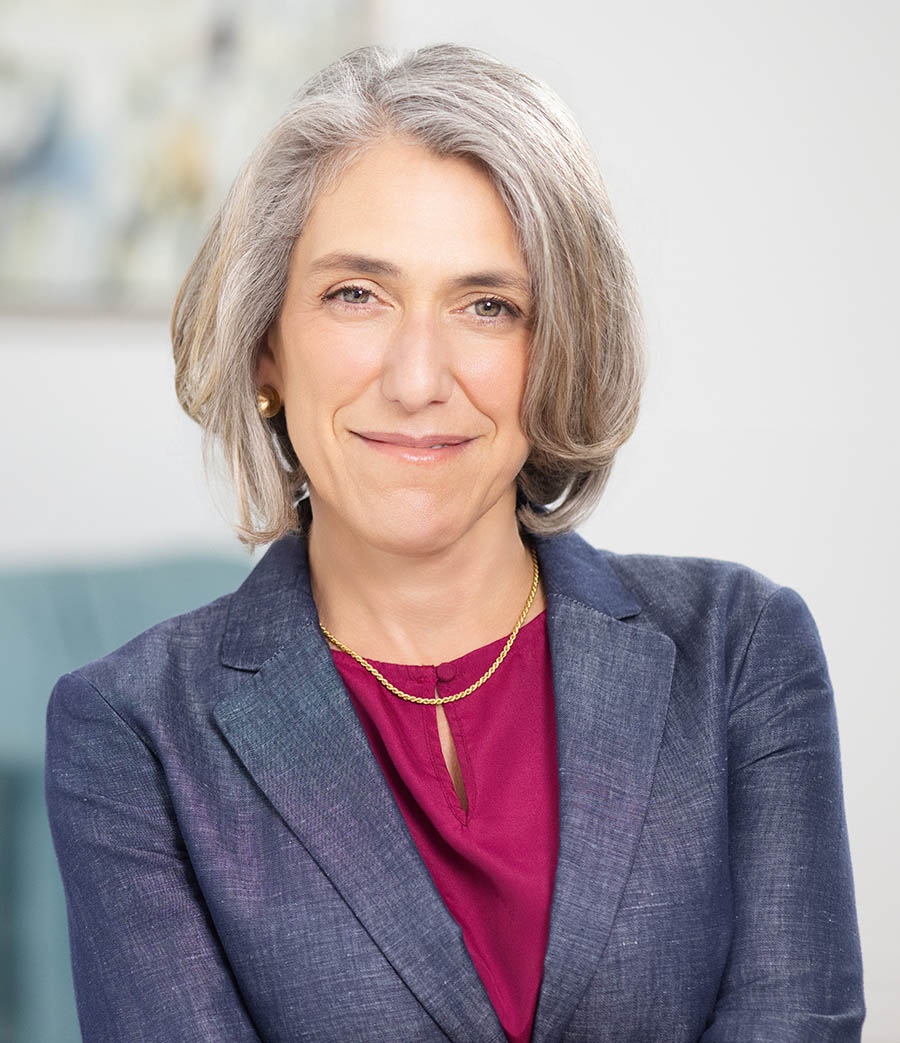Bowdoin Scholars Discuss Ukraine Crisis
By Tom PorterOn February 25, 2022, a day after Russian forces launched their attack on Ukraine, several Bowdoin faculty members gathered for a prearranged discussion with students on the crisis facing the Eastern European country, and its implications.
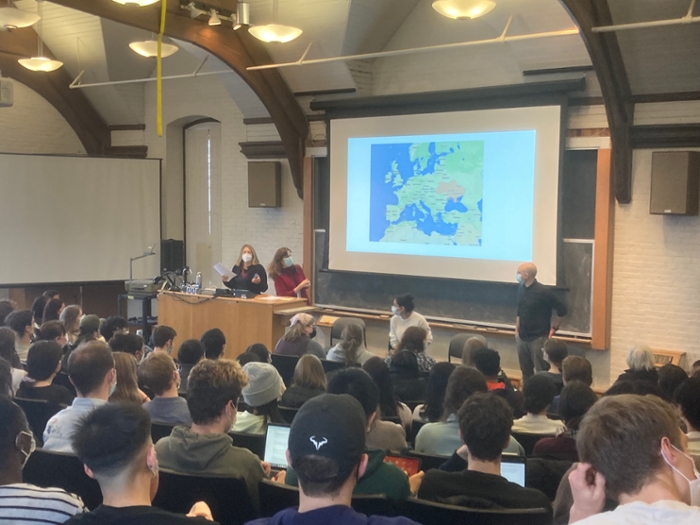
The Searles Hall lecture theater was full to capacity, with students sitting on the floor and standing wherever they could to listen to lecturer Reed Johnson and visiting lecturer Mira Nikolova ’13 from the Russian department, who were joined by Professor of Government Laura Henry and Associate Professor of History Page Herrlinger, who is also chair of the Russian department.
The conversation included a question-and-answer session with students and covered a range of topics relating to the region, including the cultural, diplomatic, military, and economic aspects of the crisis. Below is a selection of commentary and quotes from the attending faculty:
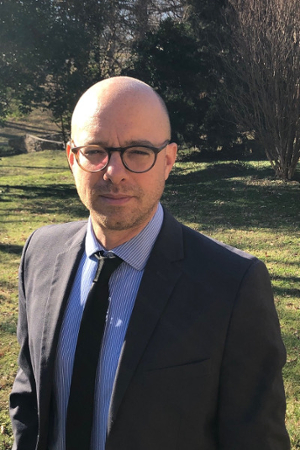
“As a cultural and literary scholar of the region, I am particularly interested in how the rhetoric surrounding this conflict has evolved,” said Johnson, who lived in Russia for eight years (“at the end of the Yeltsin era and beginning of the Putin era—I know that dates me!”).
With the huge loss of life suffered in World War II, Johnson said the Russian and Ukrainian peoples are only too aware of the cost of war. “In Russia, there has traditionally been a strong aversion to war, and you see this in the polls. Many people in Russia are not interested in going to war with what many consider a brotherly Slavic nation, where many of them have relatives.” However, citing the oft-quoted maxim that “Truth is the first casualty of war,” Johnson pointed out some of the interesting ways that official Russian media are distorting the facts that are presented to the Russian public. “The Russian media are telling people that this is about helping to free a brother nation from fascists.” They are repeating Moscow’s line that this is about the ‘de-Nazification’ of Ukraine, rather than a war or an invasion, he said.
“All my Russian friends and political commentators thought this conflict was unthinkable until a just a few days ago,” Johnson added.
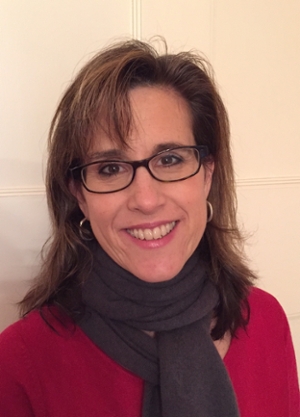
“I’ve been struck in recent years by Putin’s attempts to legitimize Russia’s action and the right to occupy Ukraine on the basis of what he says are valid historical claims that are actually quite weak,” said Herrlinger. The idea that Ukraine was created by Russia, or as Putin said, “Bolshevik Communist Russia,” is quite inaccurate, she said. “There’s very powerful and emotional rhetoric coming out of Moscow, including falsehoods about the Ukrainian government comprising neo-Nazis who are carrying out genocide.
“I want to be clear,” continued Herrlinger. “Ukraine has a long and varied history going back over a thousand years, and the question of statehood is a complicated one. But,” she added, “there has been a well-documented, legitimate move toward independence since the nineteenth century, if not earlier.”
Putin’s simplistic view that Russia has the right to incorporate Ukraine and the subsequent invasion is a tragedy that will create further division between Moscow and the West, as well as between Russia and Ukraine, she explained.
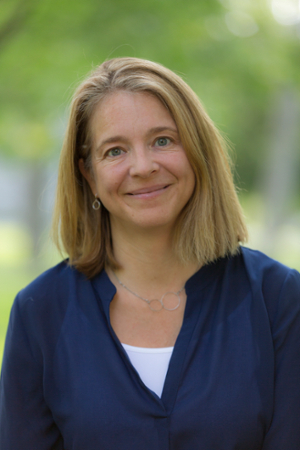
“In this current state of uncertainty, it’s difficult to predict anything right now, but, at the macro level, it does feel like the end of one era and beginning of another,” said Henry, whose areas of specialization include Russian politics, Eastern Europe, and the European Union. “The period coming to an end is the so-called post-Cold War era,’” she observed, “which has involved the gradual extension of the EU and of NATO and seen one of longest periods of peace and prosperity, albeit a period not without its troubles.” The question now, said Henry, is what will the next era look like?
“Sanctions against Russia will also severely impact European economies, some more than others,” she said. “Similarly, refugee flows coming out of Ukraine will also hit some countries more than others.” The question to consider, said Henry, is the extent to which such developments are likely to affect the solidarity of the European allies facing Russia.
Henry also raised the worrying prospect of the conflict spreading into the eastern parts of the Baltic states—Lithuania, Latvia, and Estonia—which are NATO members. On the subject of NATO, Henry also pointed out that Putin’s actions could potentially reinvigorate the alliance, with non-member countries like Finland and Sweden now considering joining. “If Putin’s plan was to weaken the NATO alliance,” said Henry, “it seems to have backfired.”
On the wider diplomatic front, Henry said she would be keeping a close eye on the relationship between Russia and China. Beijing and Moscow are diplomatic allies for sure, she said, but China is not without its misgivings regarding the Russian attack on Ukraine.
“One of the things that’s puzzling me is that Putin has embarked on such a risky venture for Russia. The Ukraine situation risks undermining Russian interests in every sphere—economic, domestic, and international.” These are humbling times for political scientists, said Henry, who talked about a different, more unpredictable style of political decision-making emerging from the Russian leader.
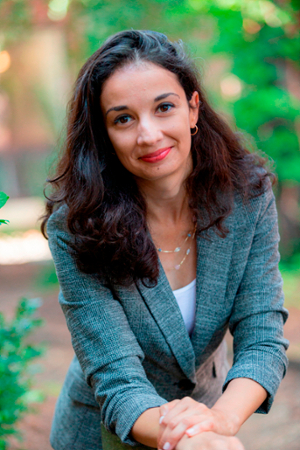
Many of these sentiments were reiterated by Visiting Lecturer in Russian Mira Nikolova ’13, who is teaching elementary and intermediate Russian languages courses this semester. A native of Bulgaria, Nikolova said this was an especially worrying time for all those from Eastern Europe.
“For the last couple of weeks, and particularly the last forty-eight hours, my mind has been on home,” she said, “and I particularly want to reach out and offer support to all those in attendance whose home is close to the conflict.”

